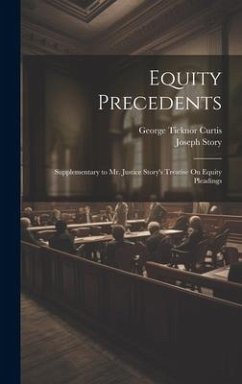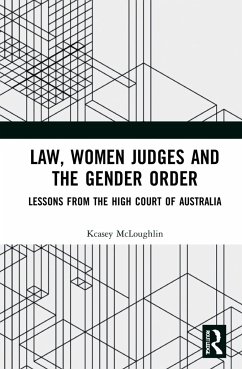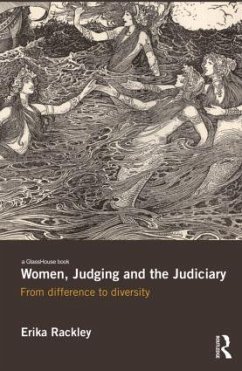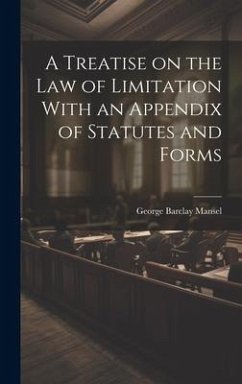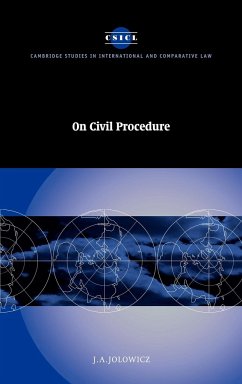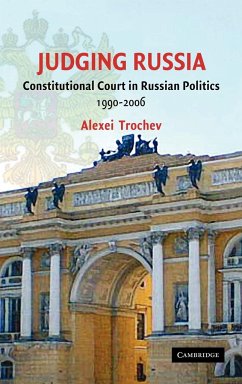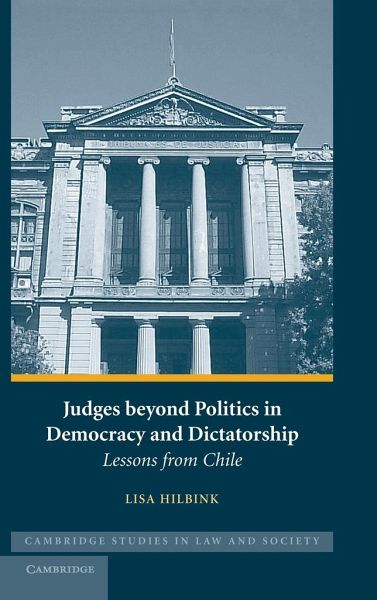
Judges beyond Politics in Democracy and Dictatorship
Versandkostenfrei!
Versandfertig in 1-2 Wochen
69,99 €
inkl. MwSt.
Weitere Ausgaben:

PAYBACK Punkte
35 °P sammeln!
Why did formally independent Chilean judges, trained under and appointed by democratic governments, facilitate and condone the illiberal, antidemocratic, and anti-legal policies of the Pinochet regime? Challenging the common assumption that adjudication in non-democratic settings is fundamentally different and less puzzling than it is in democratic regimes, this book offers a longitudinal analysis of judicial behavior, demonstrating striking continuity in judicial performance across regimes in Chile. The work explores the relevance of judges' personal policy preferences, social class, and lega...
Why did formally independent Chilean judges, trained under and appointed by democratic governments, facilitate and condone the illiberal, antidemocratic, and anti-legal policies of the Pinochet regime? Challenging the common assumption that adjudication in non-democratic settings is fundamentally different and less puzzling than it is in democratic regimes, this book offers a longitudinal analysis of judicial behavior, demonstrating striking continuity in judicial performance across regimes in Chile. The work explores the relevance of judges' personal policy preferences, social class, and legal philosophy, but argues that institutional factors best explain the persistent failure of judges to takes stands in defense of rights and rule of law principles. Specifically, the institutional structure and ideology of the Chilean judiciary, grounded in the ideal of judicial apoliticism, furnished judges with professional understandings and incentives that left them unequipped and disinclined to take stands in defense of liberal democratic principles, before, during, and after the authoritarian interlude.






